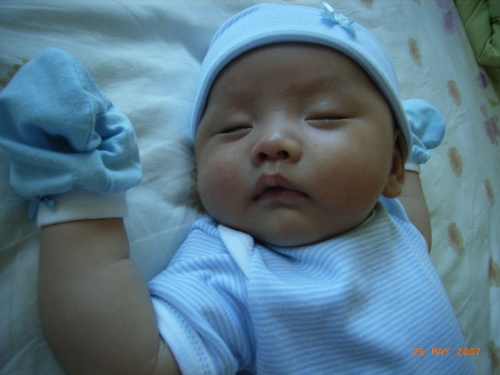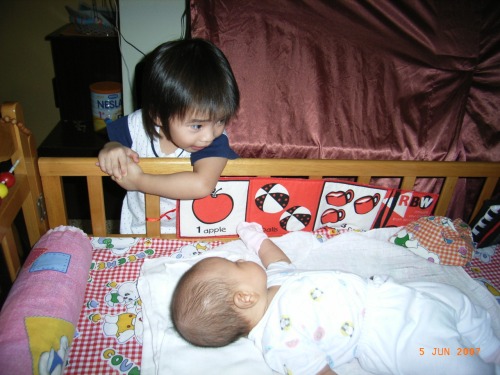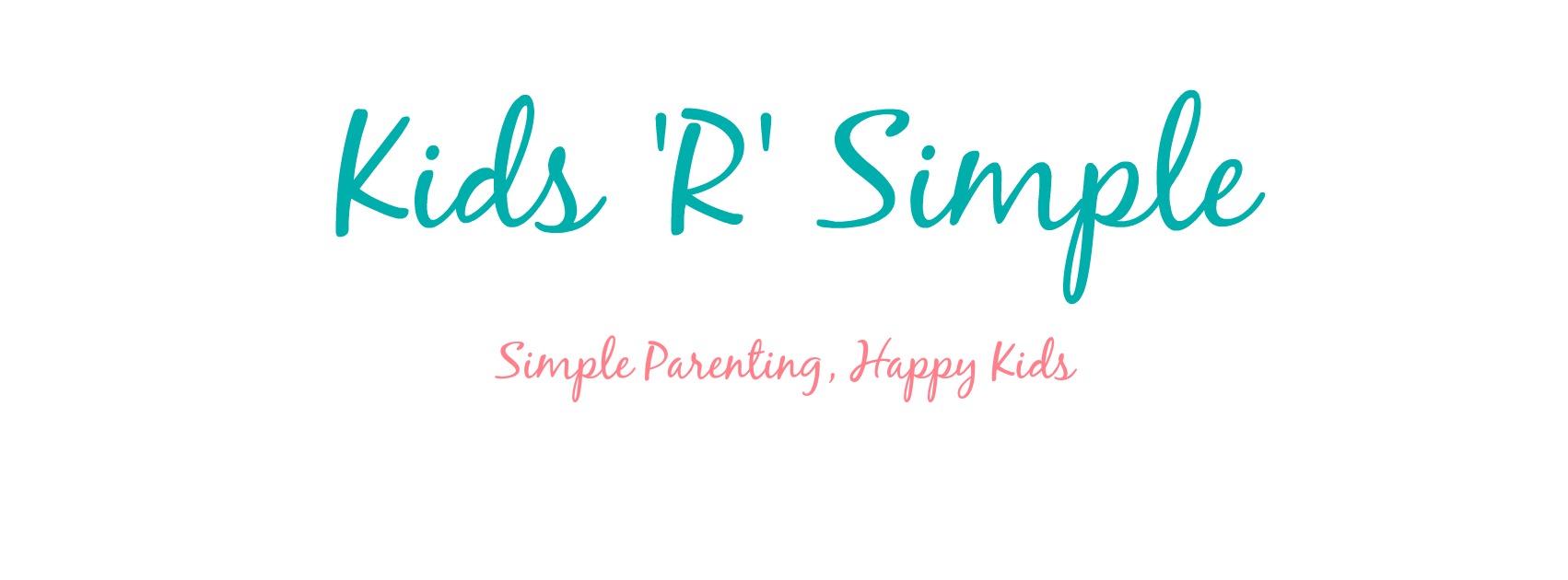
Being one of the first to be a mum among my friends, it just seems natural that those close friends of mine would seek my advice on parenting. And I really enjoy giving my two-cents worth to them while I indulge in reminiscence of my own pregnancy. The best part is I have 2 to share.
Hence I have consolidated the top 10 questions and my advice to help future mums-to-be or even 2nd-time mums.
1. Breastmilk or formula?
I would say it depends on your milk supply and how tired you are during the first confinement month. Breastmilk is naturally the best milk for your baby. You must have heard all the good reasons everywhere. But if breastfeeding is going to have you compromise your well-being and good rest, and if you find yourself taking it on the baby and everyone else including yourself, then please mix the feeding routine with some formula milk. After that, slowly establish your breastmilk supply. You may be wondering: is breastfeeding so tiring?
2. Establishing Breastfeeding
You love to breastfeed your baby, but your milk supply is so slow and low in the first few days, you feel upset, and feel like giving up. This is natural as you would have read in the books as well. In my experience, my milk supply was only established 2 weeks after birth. What is establishing breastfeeding? It means to have a constant sufficient supply of breastmilk for your baby. There are many ways to increase the milk supply, like drinking lots of fluids, drink lots of soup, masssaging your breasts, have a relax body, think positively, think of the baby sucking on your breasts, drinking hot fluid before breastfeeding or expressing milk and correct baby position of latching on to your breasts. Most importantly, you have to breastfeed or express the milk round the clock with about 3-4 hours interval including night hours. With good planning, you can decide for yourself when you want to breastfeed directly and when you want to express the milk for bottle feeds. Bottle feeds have the advantage of giving you more rest while someone is taking over the feeding, burping and putting the baby back to sleep which can really take up precious rest time and energy.
3. Does my baby need to drink water?
You may have read in many parenting books that if your baby is breastfed, you need not give any water to him/her. This may be in contrast to grandparents who think that drinking water is important for the baby. But newborn babies seem to be easily choked on water. My experience was to give a teaspoon full of gripe water mix with 100ml of water in a bottle. That usually stops the choking stress and gripe water can soothe colic and any tummy discomfort. Then again, some mothers may not agree to give other kinds of fluid apart from milk and water. So, it all depends on your school of thought.
4. What food should I be avoiding?
Foods that are harmful for the baby should be avoided like coffee and tea which have caffeine. You should continue on the good nutrition that you have been observing throughout pregnancy and continue to take multi-vitamins. Foods that will cause colic for the baby for breastfeeding mothers should be avoided too. These food include onions, peanuts, nuts, spice foods, cabbage and dairy products. To eliminate dairy products from our diet is rather difficult. Hence, moderation is the word. And even though milk is one of the culprit, I would still advise mothers to drink milk to replenish the depleted calcium due to pregnancy.
5. Can I bathe and wash my hair?
This question is more for Asians. We believe that during the month of confinement, i.e. the first month after delivery, the mother is weak and should not touch water and anything that is cold including air-conditioning in the room. Mothers cannot bathe, cannot wash their hair, cannot have fan blowing directly at them, cannot sleep in air-conditioning room. Over the years, this has changed very much. Even though many new mothers do not believe in such tradition in these modern times, they would still follow to a certain extent “just in case” the belief that ailments would follow through the later part of their lives if they fail to adhere may come true. After all, in these days where many women may only give birth once or twice in their life, it is better to be safe than sorry.
For me, I insisted till around day 12 to bathe and wash my oily and sticky hair. This was before I had to visit my gynae for post-delivery check-up. I certainly would be greatly embarassed if my gynae and nurses were to smell me from afar. Even the process of bathing has to be well-taken care of. All doors and windows should be shut tight. And a warm half-glass of D.O.M would be waiting for me outside the bathroom. You can have a full glass if you like the taste, but not for me. The bath has been prepared with special herbs believed to get rid of any “wind”. The bathing time has to be short, like 5 minutes. Then once I was done, I had to take care to dry myself very thoroughly inside the bathroom, changed into my new clothes, stepped out of the bathroom quickly and drink my glass of D.O.M to warm my body. After that, quickly blew dry my hair. Throughout the confinement month, I managed to bathe only thrice. This is nothing compared to some who only bathe after 1 month!
On days that I could not bathe, I had to take care of my hygiene well, and changed into new set of clothes 2 times a day. I used a small towel to clean myself behind closed doors and windows. For my hair, I washed using dry shampoo which is a kind of powder form that you apply through your hair. It helps to make it less sticky and oily which is better than nothing.
6. Will I spoil my child if I carry him too frequently?
I know of many friends who insisted not to carry their child too often just to prevent the child from getting used to being carried around and not able to be tamed if put down. I once read on a book where the women of a certain tribe carried their newborn on them till the baby is 6 months old! All the while without leaving the baby from the arms at all. The baby can be rotated around to be carried by anyone but not allowed to be put down. This is believed to increase bonding and boost immunity of the baby. Unbelievable! I kind of love this practice. I love to carry my baby. In fact I love to carry my baby around when I go about doing housework, and talk to my baby non-stop about the mundane household chores. I believe that this is the time that my baby wants me to carry him/her. How long can you enjoy this bonding? Before you know, they would have grown up and may not even want you to carry them anymore.
7. Sibling rivalry

This question is definitely at the top of the mind for 2nd-time mums and dads. I started telling my girl about having a baby sibling after my first check-up with my gynae. On and off, we would mention the upcoming fun of having a new family member. I avoided the mentioning of the gender before it was confirmed. We involved her in most of the preparation for the arrival of the baby. And when the big day came, I was greatly touched by the look of my girl’s gaze at her newborn brother. It was full of amaze mixed with delight and even some hints of unbelievable look. She must be overwhelmed by the sight of the baby after picturing in her mind for so many months looking at my growing tummy. It was certainly a look that I still remember fondly up till this day.
After my baby YH was brought back home, I tried not to disrupt the bedtime routine with my girl as much as possible. I talked to her, cuddled her, reassured her that she was and will always be my lovely precious princess. In fact, we did what friends and books advised: to prepare 2 sets of presents to be given to the siblings in a present exchange “ceremony”. Things work out well for us. As long as the older sibling’s normal routine does not have drastic change and you and your spouse set aside time for him/her, sibling rivalry should be minimal.
8. Will I be ever get to wear back my old clothes?
Give yourself 4 months. At the end of 4 months, you should be able to wear most of your old clothes. Pants may be abit tight though since the hip does expand after childbirth. You will be rewarded with faster weight loss if you are breastfeeding. You should not go on a diet at all. After childbirth and during breastfeeding months, mothers should be eating nutritious food. Getting good nutrition should be top priority over getting back into shape. You should be doing some light exercises regularly to help shed off some kilos and better well-being.
9. How to be sane with all the time and energy put into taking care of the baby?
Get out of the house for a short while with your hubby in the first month. Take a breather and reconnect with your old self. Think of nothing about the baby while you are out and trust that your baby will be well-taken care of by your trusted ones while you are away. I had trouble relaxing myself during my first born confinement period. I had to be forced out of the house to relax and it certainly helped in improving my post-natal depression. So, for the sake of yourself and the baby, have some time away from the baby occasionally.
10. Will I do a good job as a mum?
Of course! Do not doubt yourself! Post-natal blues may cause you to doubt your ability and natural mother instincts. You must remember that you have taken good care of your baby while he is in your womb. And now that he is out, he depends alot on you to grow up and be independent eventually. He needs your wisdom, calmness, to hear your voice, see your face, drink your milk and feel safe in your cuddle. You must have a positive mindset to enjoy the parenting joy. Hence, believe in your ability. Mother instincts will help you along the way. No one takes care of the baby better than you if you trust yourself.
